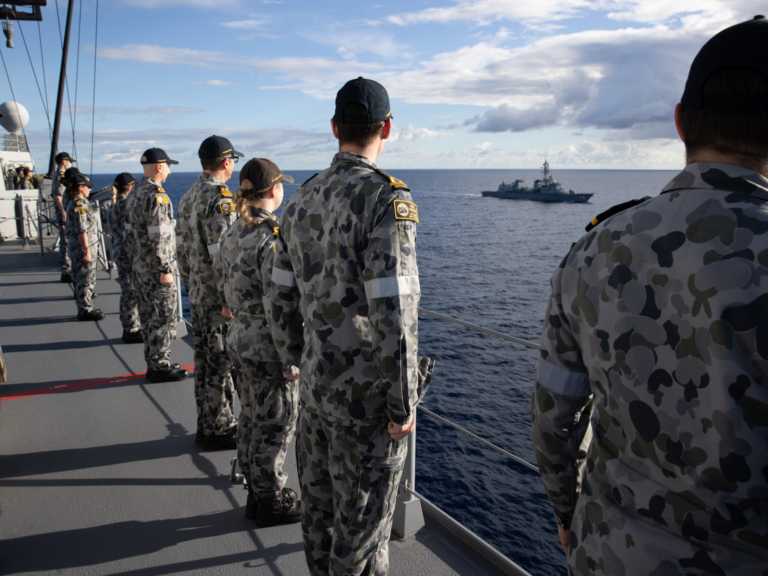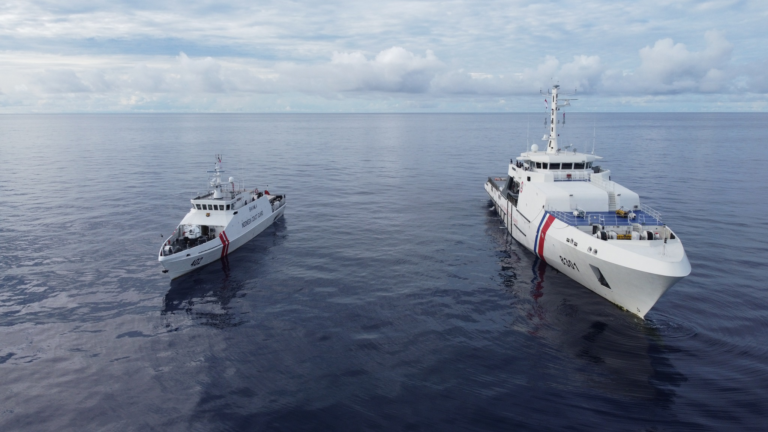
As tensions escalate in the Taiwan Strait and Washington’s bipartisan consensus coalesces around defending the self-ruling island’s democracy, it’s worth stepping back from the emotional rhetoric about freedom versus authoritarianism to examine whether America’s evolving Taiwan policy serves genuine US national interests—or represents another costly overextension of American power.
The current trajectory of US policy toward Taiwan reflects the same strategic hubris that has characterized American foreign policy since the end of the Cold War: the belief that the United States can and should reshape the global order according to its preferences, regardless of the costs or the balance of power realities on the ground.
Strategic reality
Let’s begin with some uncomfortable truths that Washington’s foreign policy establishment prefers to ignore. Taiwan sits 100 miles (161 kilometers) off China’s coast and 7,000 miles (11,265 kilometers) from the continental United States.
For Beijing, Taiwan represents what strategists call a “core interest”—territory it views as integral to its sovereignty and historical identity. For Washington, Taiwan is what we might generously call a “peripheral interest”—important perhaps, but hardly vital to America’s survival or prosperity.
This geographical and strategic asymmetry matters enormously. China can bring overwhelming conventional force to bear in any Taiwan contingency, while the United States would be fighting at the end of extremely long supply lines, with bases in Japan and Guam potentially vulnerable to Chinese missile strikes.
Military analysts who engage in honest assessments—rather than Pentagon wish-thinking—increasingly conclude that China would likely prevail in a conventional conflict over Taiwan, especially as Beijing’s military modernization continues to narrow the capability gap with US forces.
The incremental steps—high-level official visits, arms sales packages, training programs, and increasingly explicit security guarantees—have created what scholars call an “escalation trap.”
Each step makes it harder for Washington to back down without losing credibility, while simultaneously making it harder for Beijing to ignore what it views as American provocations.
This dynamic should sound familiar to students of international relations. It’s precisely how great powers stumble into catastrophic wars they never intended to fight—through a series of seemingly reasonable commitments that cumulatively create impossible situations.





